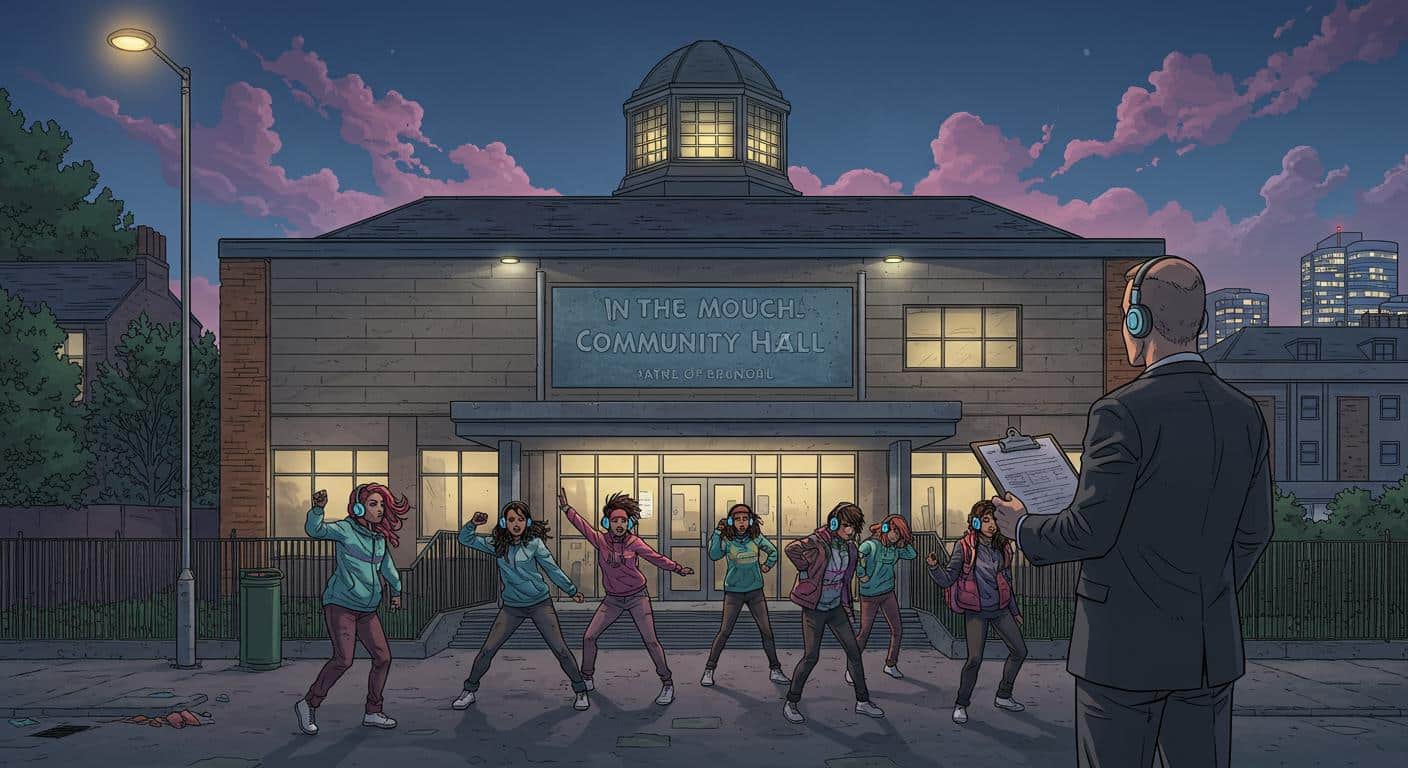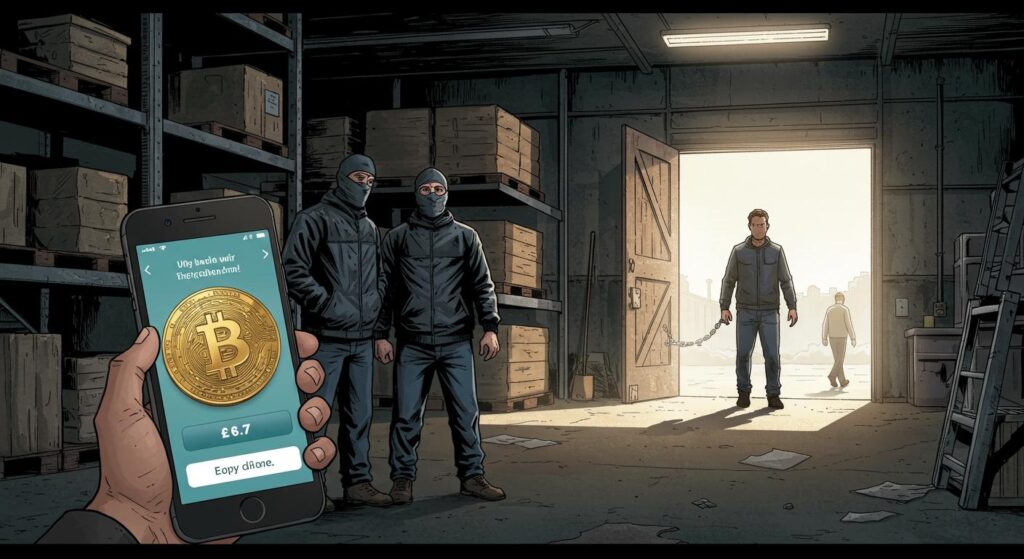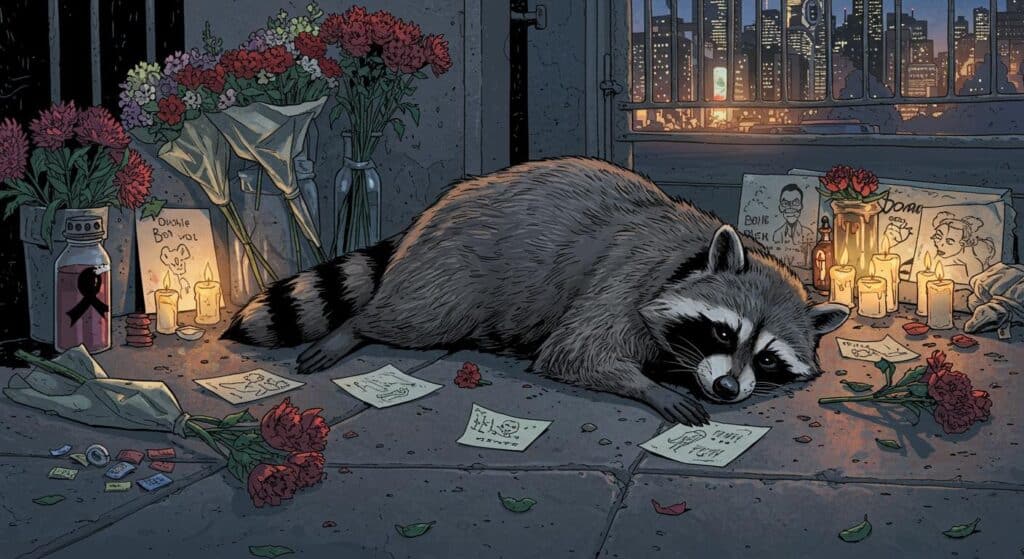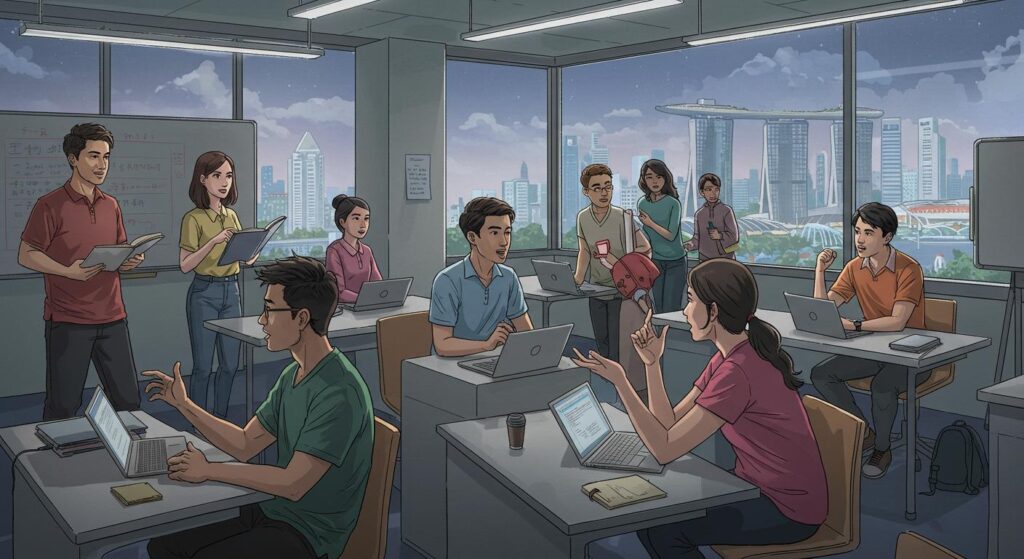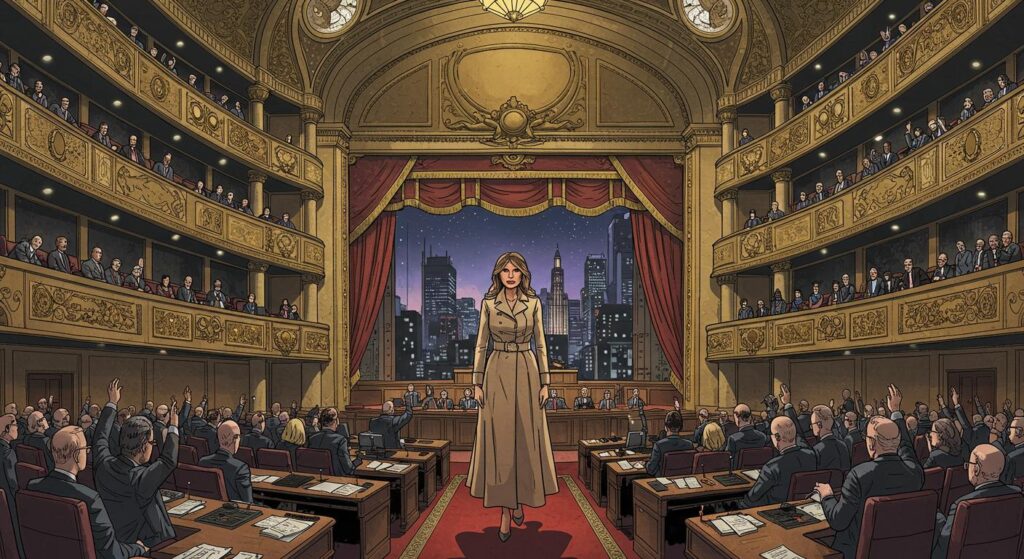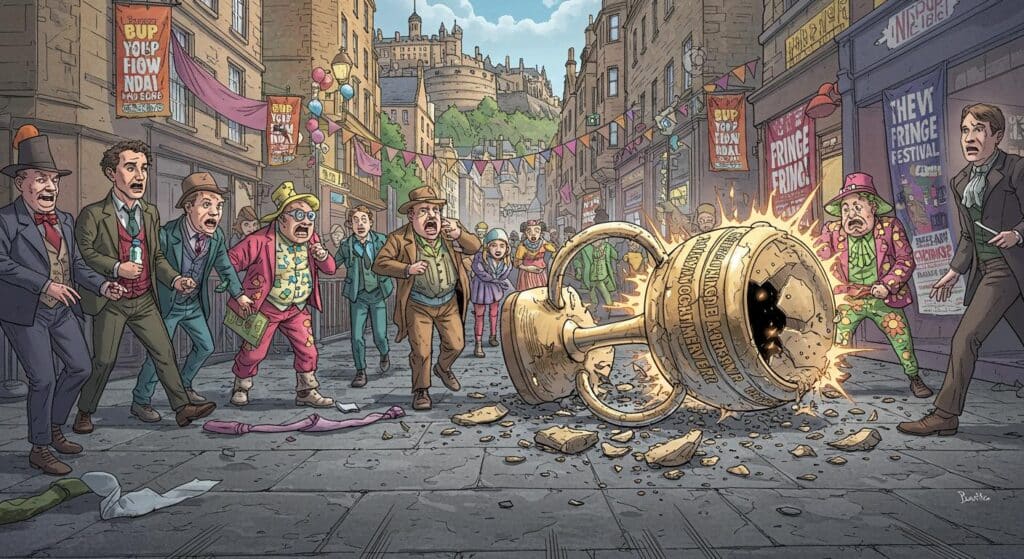If you needed another example of 21st-century irony in action, consider the tale of Dalston’s Recycle Vinyl and their thwarted attempt to host a silent disco. Yes, you read that right: Hackney Council denied permission for a silent disco in response to… noise complaints. As Mixmag details, this is not a case of an oxymoron escaping into the wild, but the bureaucratic logic of licensing law—London style—at work.
“Too Loud to Be Heard”
Here’s how the scene unfolded, according to council records cited in the Mixmag report. Recycle Vinyl, a Dalston record shop with access to a former nursery playground behind its storefront, planned to host a “Vinyl Bitch” day party for up to 150 people. The trouble started with a previous event: organizers had not communicated that music would be played in the outdoor area, which led to neighbours registering what were described as “loud DJ party” complaints. Responding officers arrived after reports suggested an “unlicensed music event” was underway due to the volume.
Following those events, officials at Hackney Town Hall made their concerns clear. Faced with the legacy of that noisy afternoon, Recycle Vinyl attempted to pivot—the next proposed gathering would be a silent disco. In this format, the party soundtrack exists only for those wearing headphones, turning what might be a sonic disturbance into little more than a visual oddity: a gathering of people bobbing silently, each locked into their own auditory world.
Yet, police were unconvinced. PC Hunwick, quoted in council minutes highlighted by Mixmag, questioned whether “150 people jumping around in someone’s back garden” could avoid being a public nuisance, headphones or otherwise. Recycle Vinyl scaled back, offering to reduce attendees to 80, ditching “entertainment” entirely and suggesting the area serve simply as a beer garden. The outlet also notes that these revised proposals weren’t considered, as the committee decided only to evaluate the original application.
Anxieties on Repeat
Owner Robert Smith, in comments described by Mixmag, chalked up past problems to a communication breakdown—a “misunderstanding” over licensing notification. He also alleged that the vast majority of complaints originated with a single resident, who began rallying neighbors to object nearly a week before the event. The council’s position, as summarized by the outlet, focused squarely on potential nuisance for local residents, referencing prior events as precedent rather than giving much weight to the new “silent” proposal.
It does seem a stretch, doesn’t it? The typical worries about DJ parties—thumping bass lines, late-night shouts, windows rattling—are all physically absent from the modern silent disco. Aside from some foot shuffling and perhaps the rare outburst of off-key singing, there’s little for the uninvited ear to detect. Yet here, the notion of people dancing in a garden, regardless of decibel level, was deemed unmanageable.
Red Tape vs. Quiet Rhythms
Earlier in the Mixmag piece, it’s mentioned that both Hackney Council and the Metropolitan Police recommended against granting a license, with officials’ arguments seeming rooted as much in precedent as in predicted reality. Municipal caution here seems less about the risk of literal noise and more about anxiety over gatherings themselves—silent or otherwise.
There’s a kind of urban folklore at play—one loud event in a former playground becomes the template for all future ones, even those proposing technological solutions tailored to keep neighbors happy. You have to wonder: is a silent crowd really inherently more disruptive than the unpredictable hum of any city afternoon?
Recycle Vinyl’s volley of compromises—shrinking attendance, muting entertainment, settling for a humble beer garden—reads almost like a litmus test in the philosophy of city bureaucracy. Is the problem the music, the people, or simply the memory of past disruption? The final ruling, as echoed in the source report, rejected all adaptations in favor of a blanket “no.”
Somewhere in Dalston, a group of would-be dancers has become too noisy even in silence. Progress, it seems, can be a matter of perspective—or just paperwork.

